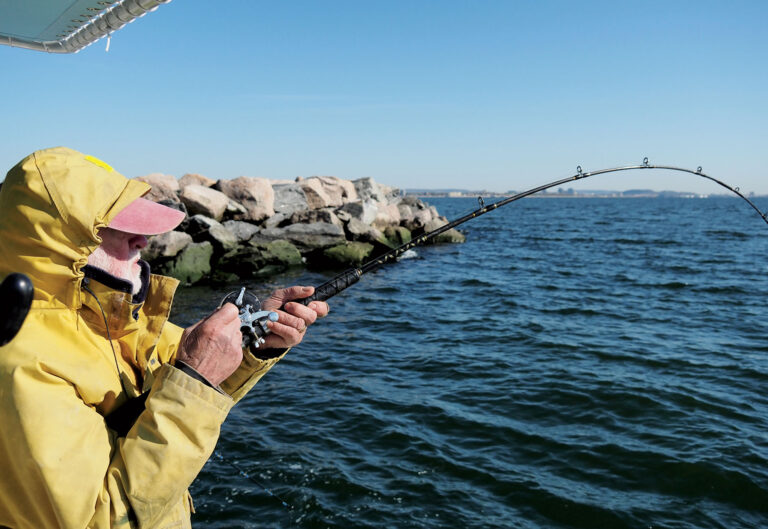Sens. Rick Scott (R-Fla.) and Brian Schatz (D-Hawaii) in late July introduced the Supporting the Health of Aquatic Systems through Research, Knowledge and Enhanced Dialogue, or SHARKED, Act.
The bipartisan SHARKED Act directs the secretary of commerce to establish a task force dedicated to mitigating shark depredation, which is the consumption of a hooked fish before the angler can land it. If enacted, the bill will convene state and federal fisheries managers, shark experts and stakeholders to identify and develop techniques and strategies to mitigate interactions between sharks and anglers.
“Shark depredation has been on the rise, and the SHARKED Act brings together experts to identify meaningful actions that can be taken to minimize these harmful interactions,” said Mike Leonard, vice president of government affairs at the American Sportfishing Association. “We applaud Sens. Scott and Schatz for recognizing the importance of focusing on shark depredation, which will benefit both sharks and the sportfishing community.”

According to a 2022 study from the University of Massachusetts-Amherst, more than 77% of anglers have experienced shark depredation while fishing. That same year, ASA released a position statement calling for a four-step approach to reducing shark depredation: education, improved coordination in shark management, sensible policy solutions and continued research.
Shark depredation is a growing challenge for saltwater anglers, driven by recovering shark populations, rising angler activity and the learned behavior of sharks associating fishing boats with easy meals. Through improved coordination, research and education, the SHARKED Act will bring long overdue attention to the issue of shark depredation while enhancing the angler experience and supporting the sportfishing industry, which provides $230 billion to the U.S. economy.
The House of Representatives passed the SHARKED Act in January, less than a month after its introduction.












